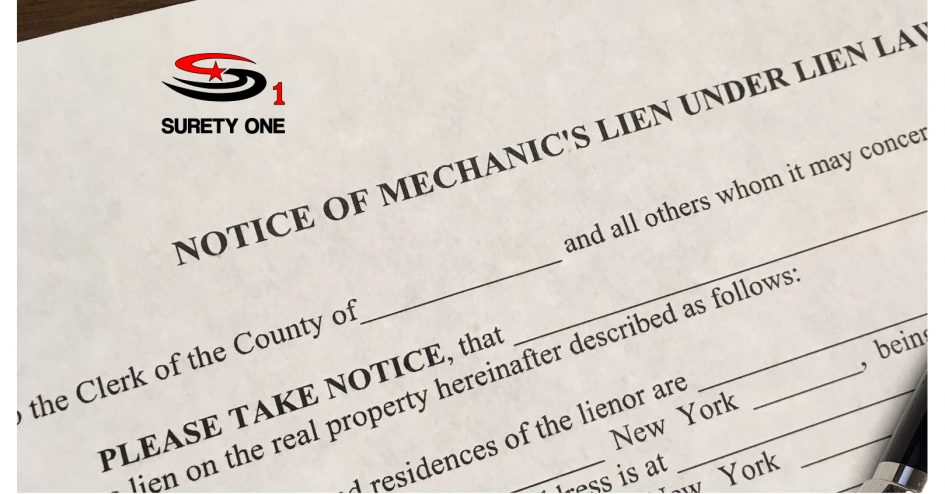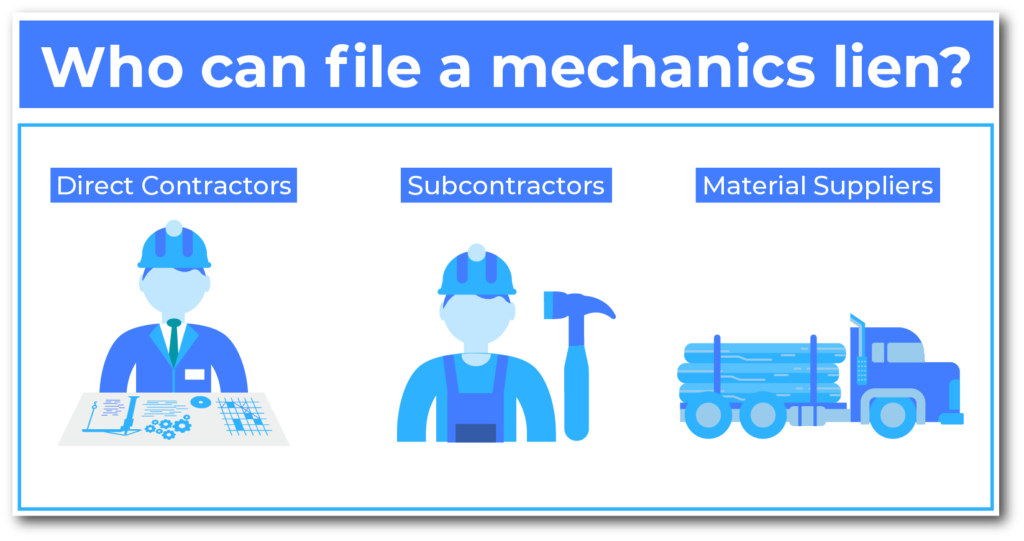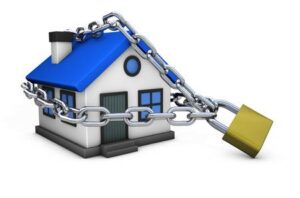
30 May Understanding Mechanic’s Liens
Understanding Mechanic’s Liens
How They Protect Contractors and Prevent the Sale of Your Home
As a homeowner, it’s important to be aware of the potential risks and legalities involved when hiring contractors for home improvement projects. One such legal safeguard that contractors rely on is a mechanic’s lien. In this blog post, we’ll explore what a mechanic’s lien is, how it functions, and why it is crucial for contractors.
By understanding the implications of a mechanic’s lien, homeowners can better protect their interests and avoid complications that may prevent them from selling their homes.
What is a Mechanic’s Lien?
A mechanic’s lien is a legal claim that contractors, subcontractors, or suppliers can file against a property when they have not been paid for work or materials they provided. This lien serves as security for the unpaid debt, creating an encumbrance on the property. Essentially, it allows the contractor to stake a claim to the property’s value to ensure they are compensated for their services.

How Does a Mechanic’s Lien Work?
When a contractor or supplier files a mechanic’s lien, it is a formal legal procedure that requires specific steps. The process typically involves serving a preliminary notice to the property owner, followed by filing the lien with the appropriate government office. Once filed, the lien becomes a matter of public record, making it visible to potential buyers and lenders during a property transaction.
Importance for Contractors
Mechanic’s liens play a vital role in protecting contractors’ interests and ensuring they receive payment for the work they’ve done. Without the ability to file a lien, contractors might face significant financial risks and challenges when clients fail to pay.
The lien provides contractors with a legal avenue to secure their payment and can act as leverage to encourage homeowners to settle the outstanding debt.
Implications for Homeowners
 For homeowners, having a mechanic’s lien filed against their property can create serious obstacles, particularly if they plan to sell their home. When a lien is in place, it clouds the title, making it difficult or even impossible to transfer ownership smoothly.
For homeowners, having a mechanic’s lien filed against their property can create serious obstacles, particularly if they plan to sell their home. When a lien is in place, it clouds the title, making it difficult or even impossible to transfer ownership smoothly.
One of the steps in selling your home is the title company will complete a title search. In that title search, any mechanic’s leans will show up and must be paid prior to closing. An example would be a lien placed by a contractor when the kitchen was remodeled. Prospective buyers and lenders are likely to be hesitant to proceed with a purchase or provide financing until the lien is resolved.
Preventing Mechanic’s Liens
To avoid the complications associated with mechanic’s liens, homeowners should take certain precautions. It is essential to establish clear communication and written agreements with contractors, ensuring that payment terms are clearly defined.
Regular progress payments can also be implemented to minimize the risk of disputes and unpaid bills. Additionally, homeowners should consider requesting lien waivers from contractors and subcontractors upon making payments.
Conclusion
In the realm of construction and home improvement projects, the mechanic’s lien serves as a critical tool for contractors to protect their interests and secure payment for their services. However, homeowners must understand the potential implications of a mechanic’s lien, as it can hinder the sale of their property.
By fostering transparent communication, following best practices, and seeking legal guidance when needed, homeowners can mitigate the risks associated with mechanic’s liens and ensure a smoother home selling process.



